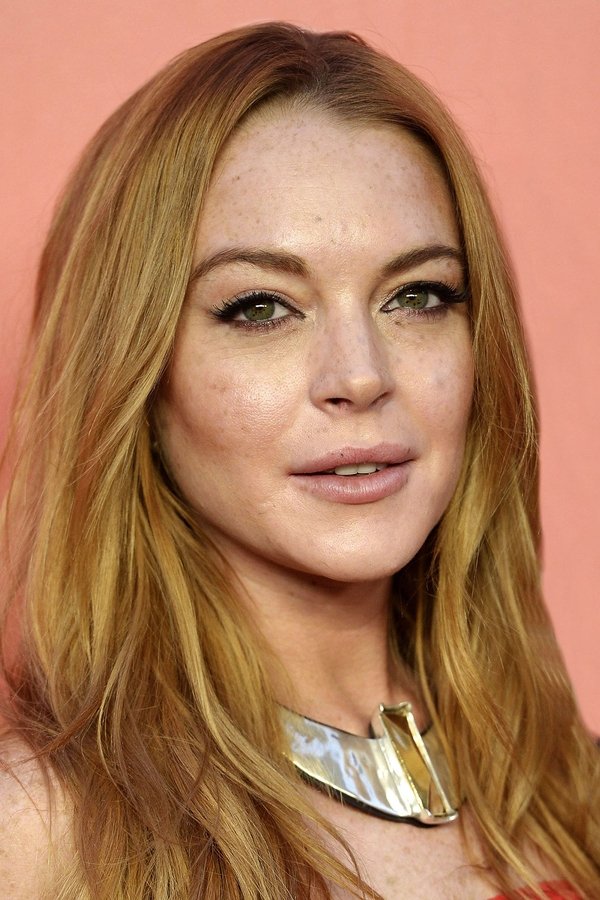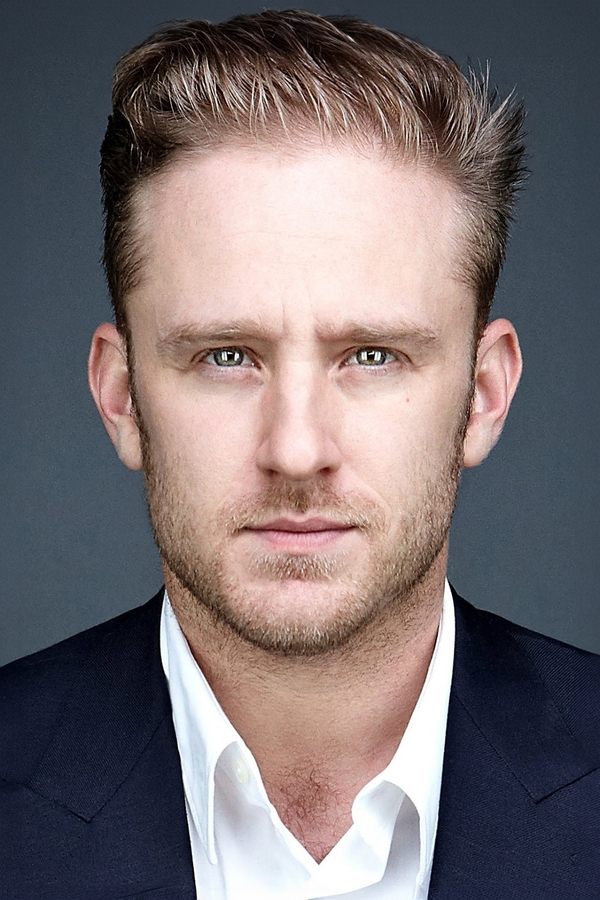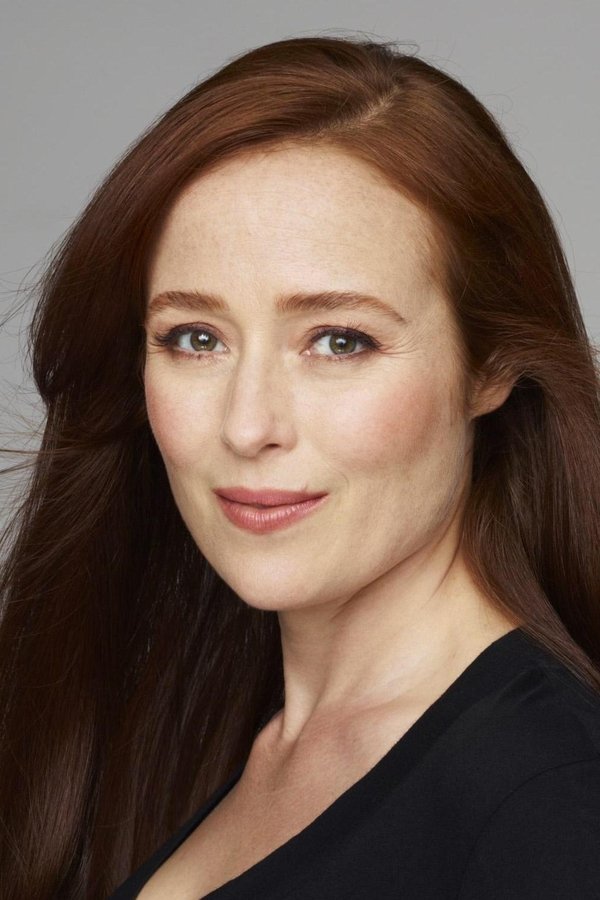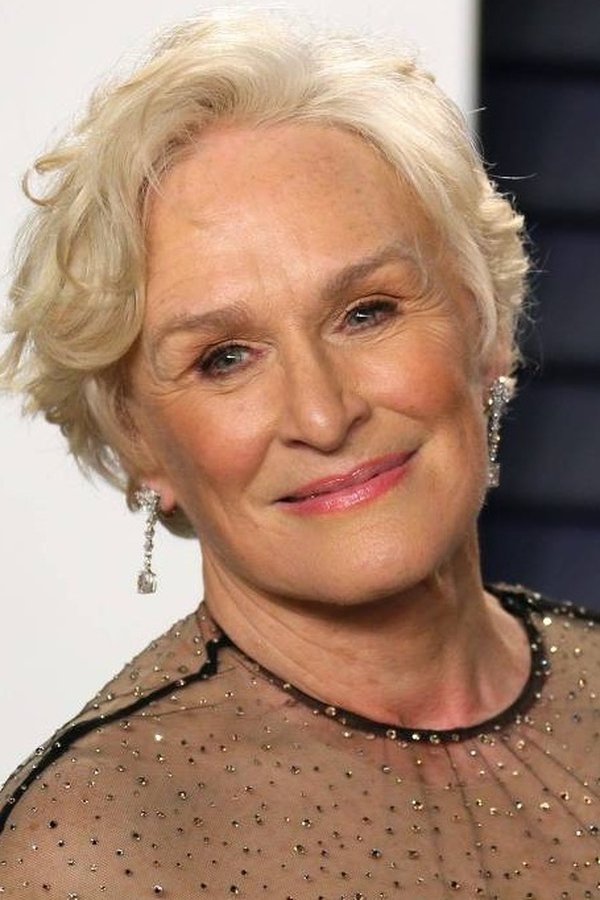While knowing very little about Netflix’s most recent documentary on Marilyn Monroe, I was still very interested in seeing it. Like many, I find Miss Monroe to be ever-beautiful and somehow elusive. She remains a mystery in death, a tragic hero. While many people have been curious about how she lived, an ever growing number are interested in how she died. True crime series and documentaries are more popular than ever before. It’s excavation, a digging up of the dirt quite literally and seeing what we’ve missed and what time and technological advances can add to the story of one’s life.
The Mystery of Marilyn Monroe: The Unheard Tapes presents a collection of interviews never heard by the public before, 650 to be exact, that were conducted by journalist Anthony Summers in 1982, twenty years after Miss Monroe’s passing. At the time, there was a police re-investigation into the cause of her death. Rumors had persisted through the years as to whether her demise was accidental, suicide or as the interviewer states “something more sinister.”
The documentary clearly favors the sinister part. There’s a bluesy noir feel to the film that emphasizes the “mystery” in its title. Scribbled headers introduce audio tapes of former agents, filmmakers, those who knew Marilyn and Marilyn herself. We learn some cynical yet factual truths of the movie business. Primarily how younger women like Marilyn had to sleep with male executives in order to get roles. An agent named Al Rosen cites ‘black books’ and sex as a type of currency for that time period while today it’s ‘the buck’ that decides who gets casted. One may think of misogynist Harvey Weinstein and can draw a straight line from that early criminal activity to now.
All of the interviews are subtitled and the voices are lip-synced by actors that appear on screen, an odd choice that feels kind of silly to start with. But as the film progresses, you sort of get used to it. Stock footage, interviews and photographs make up most of the movie. We follow Marilyn’s rise to fame, starting with her big break in the John Huston film Asphalt Jungle. And we get to hear Mr. Huston in his own words describe the ‘truth’ in Marilyn’s acting, something ‘deeply moving’ about her. Actress Jane Russell, her co-star in Gentlemen Prefer Blondes describes her as bright and recounts how Marilyn would go straight to an acting coach after a day on set because “she wanted to learn.” As the film progresses, it kind of loses track of this portrayal of Marilyn as poised and in control of her life. There is no denying the fact that she was a successful woman that quite cleverly used persona to win adoration from the public. She was smart and well aware of her sex appeal.
Unfortunately, from there a mix of friends and colleagues paint Marilyn as a tormented figure. The tone of The Mystery of Marilyn Monroe: The Unheard Tapes is one of sadness and gloom, emphasizing loss: Marilyn was ‘deprived of childhood,’ someone ‘that could so easily be destroyed.’ Like in many documentaries of Miss Monroe’s life, as an audience we feel like we let her down somehow.






















